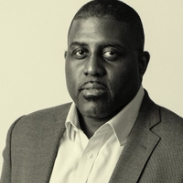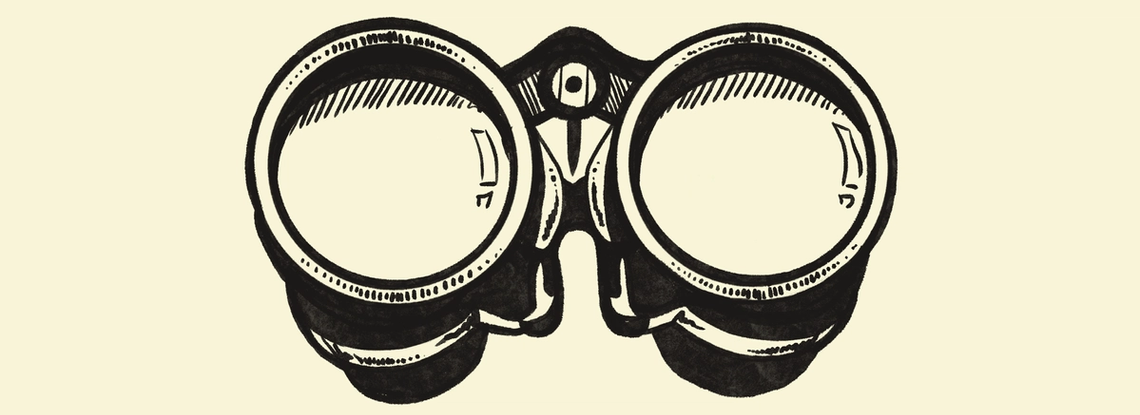 Per-Anders Pettersson/Getty Images Per-Anders Pettersson/Getty ImagesTHE NEWS The BRICS economic bloc of countries is aggressively expanding its media presence in Africa through its Moscow-headquartered broadcast network to counter Western narratives in the Global South. TV BRICS — which is centered on programming from member countries Brazil, Russia, China, India and South Africa — has in recent weeks signed partnership agreements with media companies in Kenya, South Africa, Egypt and Mozambique as it looks to grow the bloc’s influence among some of the world’s fastest-growing populations. Ayanda Hollow, President of TV BRICS Africa, told Semafor Africa that stories from the Global South including their development, culture and human interest stories were not “well covered” by the international media establishment. He said TV BRICS was focused on bringing stories from the bloc’s countries to global audiences, and not necessarily countering the viewpoints of other media outlets. “No one can tell our own stories like we can,” Hollow said. MARTIN’S VIEW The media plays a big role in shaping public opinion around the world. For BRICS to succeed in its much-discussed plan to reshape the global order, it could use media outlets that can boost the images of member countries and amplify their positions on key global issues. State-funded or state-regulated media outlets such as the British Broadcasting Corporation (BBC), Voice of America, France 24, and China’s CGTN form a big part of the media landscape in Africa, and have the power to drive conversations and shape narratives. By partnering with media outlets on the continent, BRICS countries will have new outlets to presumably also grow their influence and soft power in Africa, and offer differing perspectives on global issues. Expanding BRICS’ global reach is also especially relevant as the organization itself expands and is increasingly seen as a counterweight to Western-led multilateral institutions like the World Bank and International Monetary Fund. Ethiopia, Argentina, Egypt, Saudi Arabia, Iran and the United Arab Emirates are lined up to join the bloc in January 2024, and more governments in the Global South, including several from Africa, have expressed interest in joining. | 







